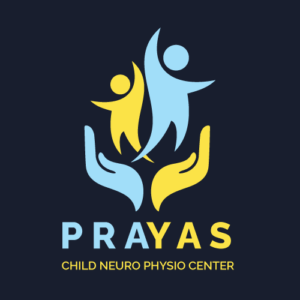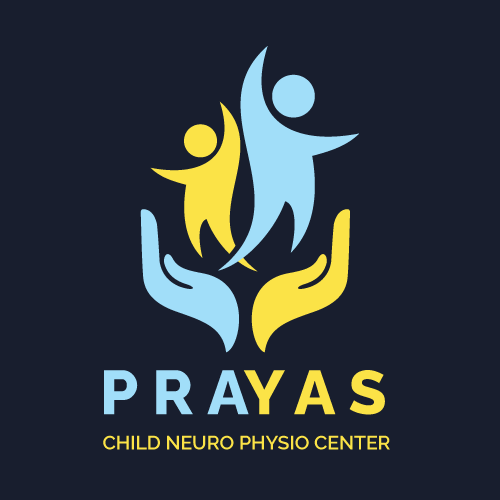
Psychology and Counselling
Psychology and counseling are intertwined fields that explore the human mind, behavior, and emotions. While psychology focuses on understanding the mind and its workings, counseling applies that knowledge to support individuals facing personal challenges.
Psychology and counseling are dynamic fields that contribute to our understanding of human behavior and provide valuable support and assistance to individuals striving to overcome challenges, improve their mental health, and lead more fulfilling lives. Through research, assessment, intervention, and advocacy, psychologists and counselors play essential roles in promoting psychological well-being and helping individuals achieve their full potential
1.Assessment and Diagnosis:Both psychologists and counselors start with an assessment to understand the individual’s issues, symptoms, and concerns. Psychologists may use psychological tests and assessments to diagnose mental health conditions.
2.Therapeutic Techniques:In counseling, therapists use a range of therapeutic techniques, such as talk therapy, cognitive-behavioral therapy (CBT), dialectical-behavior therapy (DBT), and interpersonal therapy, to address specific concerns. Psychologists may use psychotherapy or specific modalities, such as psychoanalysis, humanistic therapy, or behavior therapy, to address psychological issues.
3.Goal Setting:Both psychologists and counselors collaborate with clients to set clear and achievable goals for therapy.
4.Individual and Group Therapy:Counseling and psychology often include one-on-one therapy sessions, and in some cases, group therapy sessions for specific issues, such as support groups for addiction or grief.
5.Mental Health Disorders:Psychologists are often involved in the diagnosis and treatment of mental health disorders, prescribing medication when needed (in some cases). Counselors may provide support and therapy for individuals with mental health issues, offering coping strategies and emotional support.
6.Stress Management and Coping Skills:Both psychologists and counselors help individuals develop stress management and coping skills to better manage life’s challenges.
7.Relationship and Family Counseling:Counselors often specialize in relationship and family counseling to help individuals and families navigate complex interpersonal dynamics.
8.Child and Adolescent Therapy:Both fields offer therapy and support for children and adolescents dealing with various issues, such as anxiety, depression, and behavioral challenges.
9.Substance Abuse Treatment:Both psychologists and counselors work with individuals struggling with substance abuse issues, providing addiction counseling and support.
10.Regular Progress Monitoring:Ongoing assessment and progress monitoring ensure that the individual’s needs are addressed and goals are achieved.
It’s important to recognize that while there are overlapping areas between psychology and counseling, there are also differences in training, approaches, and focus. Psychologists typically have more extensive training in psychological assessment and diagnosis, whereas counselors often focus on providing therapeutic support and guidance. The choice between psychology and counseling depends on the individual’s specific needs and preferences.
Psychology and counseling are dynamic fields that contribute to our understanding of human behavior and provide valuable support and assistance to individuals striving to overcome challenges, improve their mental health, and lead more fulfilling lives. Through research, assessment, intervention, and advocacy, psychologists and counselors play essential roles in promoting psychological well-being and helping individuals achieve their full potential
- Assessment and Diagnosis:
- Both psychologists and counselors start with an assessment to understand the individual’s issues, symptoms, and concerns.
- Psychologists may use psychological tests and assessments to diagnose mental health conditions.
- Therapeutic Techniques:
- In counseling, therapists use a range of therapeutic techniques, such as talk therapy, cognitive-behavioral therapy (CBT), dialectical-behavior therapy (DBT), and interpersonal therapy, to address specific concerns.
- Psychologists may use psychotherapy or specific modalities, such as psychoanalysis, humanistic therapy, or behavior therapy, to address psychological issues.
- Goal Setting:
- Both psychologists and counselors collaborate with clients to set clear and achievable goals for therapy.
- Individual and Group Therapy:
- Counseling and psychology often include one-on-one therapy sessions, and in some cases, group therapy sessions for specific issues, such as support groups for addiction or grief.
- Mental Health Disorders:
- Psychologists are often involved in the diagnosis and treatment of mental health disorders, prescribing medication when needed (in some cases).
- Counselors may provide support and therapy for individuals with mental health issues, offering coping strategies and emotional support.
- Stress Management and Coping Skills:
- Both psychologists and counselors help individuals develop stress management and coping skills to better manage life’s challenges.
- Relationship and Family Counseling:
- Counselors often specialize in relationship and family counseling to help individuals and families navigate complex interpersonal dynamics.
- Child and Adolescent Therapy:
- Both fields offer therapy and support for children and adolescents dealing with various issues, such as anxiety, depression, and behavioral challenges.
- Substance Abuse Treatment:
- Both psychologists and counselors work with individuals struggling with substance abuse issues, providing addiction counseling and support.
- Regular Progress Monitoring:
- Ongoing assessment and progress monitoring ensure that the individual’s needs are addressed and goals are achieved.
It’s important to recognize that while there are overlapping areas between psychology and counseling, there are also differences in training, approaches, and focus. Psychologists typically have more extensive training in psychological assessment and diagnosis, whereas counselors often focus on providing therapeutic support and guidance. The choice between psychology and counseling depends on the individual’s specific needs and preferences.


